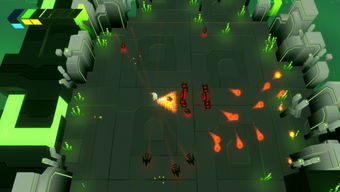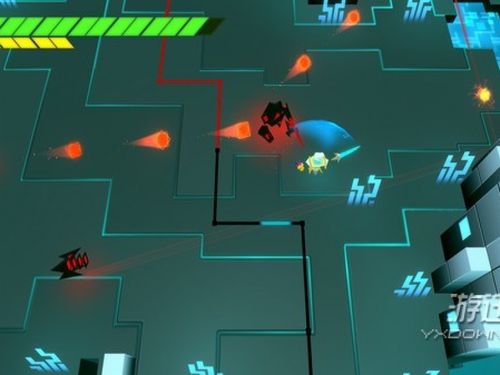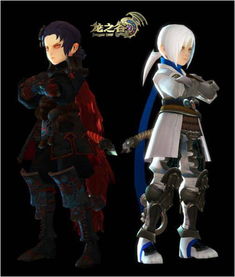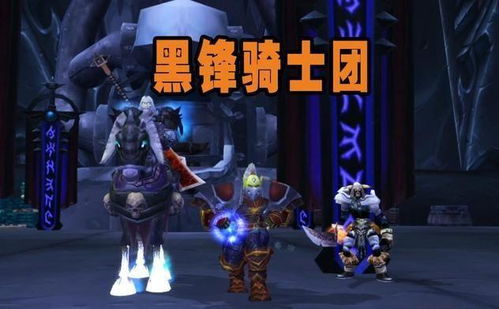Introduction to Continuing the Game
As technology advances and gaming becomes an integral part of our lives, the concept of continuing a game has evolved. Whether it's a single-player adventure or a multiplayer experience, the ability to pick up where you left off adds a layer of convenience and immersion. In this article, we will explore the various aspects of continuing a game, from the technicalities to the emotional impact it has on players.
Technical Aspects of Continuing a Game
One of the primary reasons for the popularity of continuing a game is the technical advancements that have made it possible. Here are some key technical aspects to consider:
Save Points: These are specific locations in a game where players can save their progress. They ensure that players can return to a particular moment in the game without losing any progress.
Cloud Saves: This feature allows players to save their game data on a remote server, making it accessible from any device. It's particularly useful for those who switch between multiple devices.
Auto-Save: Some games automatically save the player's progress at regular intervals, reducing the risk of losing progress due to unexpected events, such as power outages or system crashes.
Emotional Impact of Continuing a Game
Continuing a game can have a significant emotional impact on players. Here are some of the emotional aspects to consider:
Comfort and Familiarity: Players often feel a sense of comfort and familiarity when they can continue a game. It's like revisiting a familiar place, and this can be particularly soothing for those who enjoy the game's world and story.
Progression and Achievement: The ability to continue a game means that players can see their progress and achievements over time. This can be a source of pride and motivation, especially for those who are invested in the game's narrative and goals.
Resilience and Determination: For some players, the ability to continue a game can be a testament to their resilience and determination. Overcoming obstacles and challenges in a game can be a rewarding experience, and the ability to pick up where they left off can reinforce this sense of accomplishment.
Multiplayer Games and Continuing the Experience
In multiplayer games, continuing the experience can be even more complex. Here are some considerations:
Syncing Progress: Ensuring that all players are on the same page regarding progress can be challenging. Game developers must implement features that allow for seamless syncing of progress across multiple devices and platforms.
Consistency in Experience: When players continue a game, they should experience the same content and challenges as their friends. This requires careful design and testing to ensure that the game remains consistent across all players.
Community Engagement: Continuing a game in multiplayer settings can foster a sense of community among players. This can lead to increased engagement and a stronger connection between players.
Challenges and Solutions in Continuing a Game
While continuing a game offers numerous benefits, there are also challenges that game developers must address:
Data Loss: Despite advancements in save technology, data loss can still occur. Developers must implement robust backup systems to minimize the risk of losing progress.
Game Design Limitations: Some games may not be well-suited for continuing the experience. Developers must carefully consider the game's design to ensure that it can be easily continued without disrupting the narrative or gameplay.
Accessibility: Ensuring that all players, including those with disabilities, can continue a game without difficulty is crucial. Developers must consider accessibility features that cater to a diverse range of players.
Conclusion
Continuing a game is a feature that has become increasingly important in the gaming industry. It not only adds convenience and immersion but also has a significant emotional impact on players. As technology continues to advance, we can expect to see even more innovative ways to continue the game experience, both for single-player and multiplayer games.












